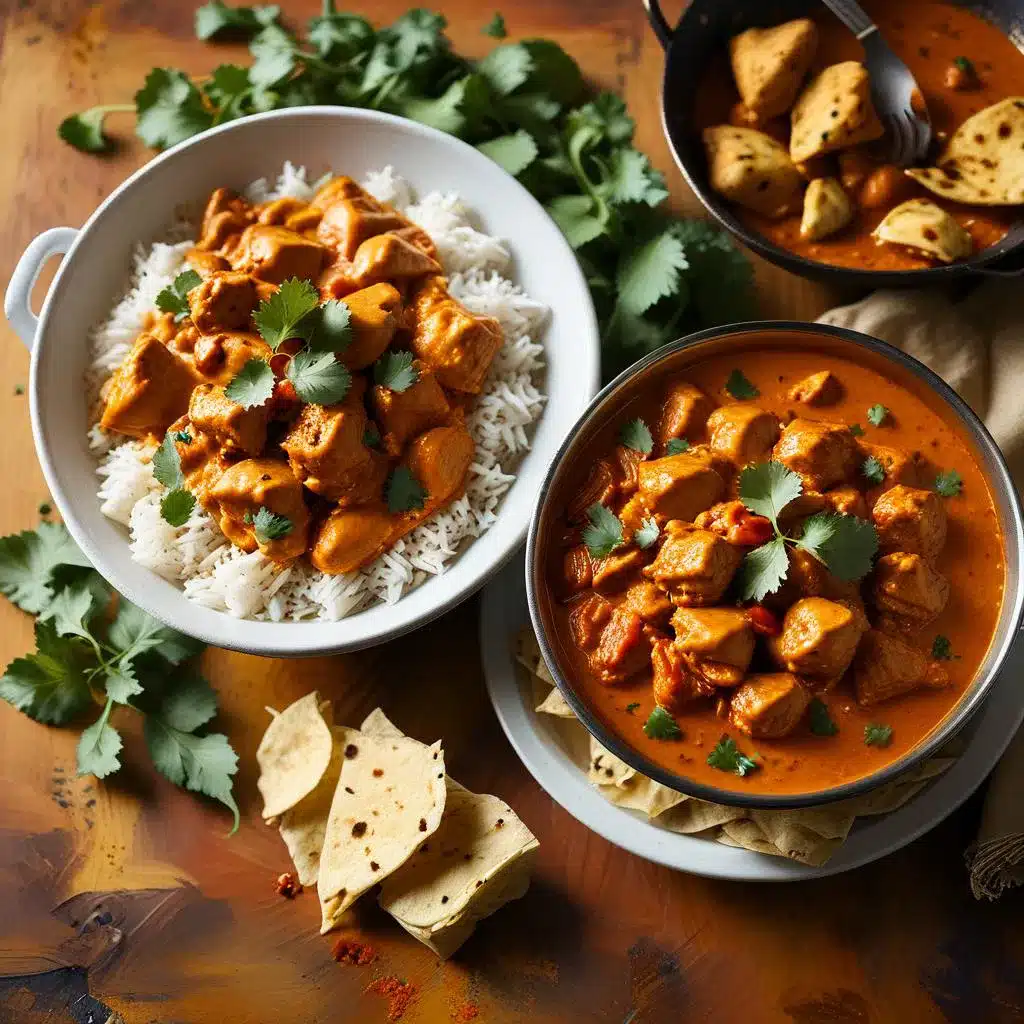Table of Contents
What we define as the “UK’s national dish” has changed significantly over time, a truer reflection of how rich in history and cultural diversity this country is. Of course, traditional British eats will always have their place, but the UK is home to all sorts of amazing cuisines these days, thanks to its embrace of so many things from across the world.
This evolution is not just about changing tastes but a wider multiculturalism which today defines modern Britain. Sunday roasts and bangers and mash may still hold firm in British culture, but Chicken Tikka Masala has a unique place as well, bringing a fusion of tradition and innovation.
This article explores evolving British national dishes, from the traditional to the newer entries, examining what they reveal about the ever-changing identity of UK cuisine.
The Traditional National Dish – Fish and Chips
For generations, fish and chips have been synonymous with Britain as a whole, and this dish is quick to make and fill. The dish, which became very popular in the 19th century, was initially a working-class staple. By the late 1800s, fish and chips shops were rapidly spreading across industrial towns in Northern England, where fried food was a snack favorite.
Its roots lie in a blend of cultural influences. Frying fish, which was introduced to the UK by Jewish immigrants from Spain and Portugal, and fried potatoes were likely brought over from Belgium or France. Together, these ingredients formed the earliest culinary fusion examples in the UK.
Fish and chips soon became a national favorite, increasing in popularity during World War II when it was one of the few foods that were not rationed.
Fish and chips are one of the stand-out dishes that are immediately associated with British traditions. Usually accompanied by salt and vinegar, sometimes mushy peas, it is something of a cultural touchstone in Britain, representing the past when life was slower-paced. Though the dish has lost some of its luster to more contemporary fare, fish and chips continue to be a mainstay in British cuisine, available at beach towns, pubs, and households nationwide.
While it’s no longer the holder of the “UK’s national dish” title, today, fish and chips carries on its cultural legacy as a fast food version of nostalgia, linking generations through a shared love for this staple comfort meal.
The Rise of Chicken Tikka Masala as the UK’s National Dish
Chicken Tikka Masala is recognized as a popular dish in modern British cuisine, so much so that it has been called “a true British national treasure” and indeed the UK’s “true national dish!”. But this is a dish that has plunged its roots not into British tradition but into the most vivacious fusion of Indian and British cookery. The story of its creation is a true reflection of the UK as it exists today, an amalgamated multi-cultural population where immigrant communities have influenced local tastes and dishes.
The origins of Chicken Tikka Masala are a little bit controversial. One of the many stories claims that it was created by a Bangladeshi chef in Glasgow during the 1960s. In response to a customer’s complaint that their chicken was too dry, the chef seemingly added sauce he improvised by adding tomato-based, creamy sauce to the grilled chicken, creating the dish we know today. Taking advantage of the British palate and fusing Indian spices with a very English-style gravy, it was so on trend that Indians were sweeping into cities to get a taste.
Other Contenders for the UK’s National Dish
The Sunday Roast
The Sunday Roast is one of the quintessential British dishes; it traditionally consists of roasted meat, potatoes, and Yorkshire pudding, all served with vegetables in gravy. Sunday roast with roast potatoes is a British classic, where families would traditionally get together to share a meal on Sunday’s after church. To this day, it remains a beloved tradition, especially during the holidays.
Bangers and Mash
Another classic is bangers and mash, sausages with mashed potatoes often served in a rich onion gravy. The term “bangers” got its origins during World War I due to the sausages to burst or “bang” during cooking.
This humble dish has since found a place in the hearts of people everywhere and is typically seen as an unmistakably hearty pub meal across the UK.
Shepherd’s Pie and Cottage Pie
Both shepherd’s pie, made with lamb, and cottage pie, made with beef, consist of ground meat cooked with minced vegetables, topped with mashed potatoes, and baked in an oven. Leftover pies are an age-old concept, going as far back as the 18th century. Despite their humble origins, shepherd’s pie and cottage pie are so dearly loved in the UK that they almost qualify as a national dish.
Conclusion
This article displays how British cuisine has evolved, weaving outside influences into the national tapestry that includes traditional dishes like fish and chips through to Chicken Tikka Masala. While traditional choices like the Sunday roast, bangers and mash, and shepherd’s pie continue to stay in British culture, Chicken Tikka Masala shows how much modern Britain has changed.
They all come together to illustrate comfort food that people in the UK enjoy eating, whether traditional or a recent culmination of cultural fusion. This suggests an idea of what could be regarded as “the” national dish of the UK has never been more inclusive and dynamic.


